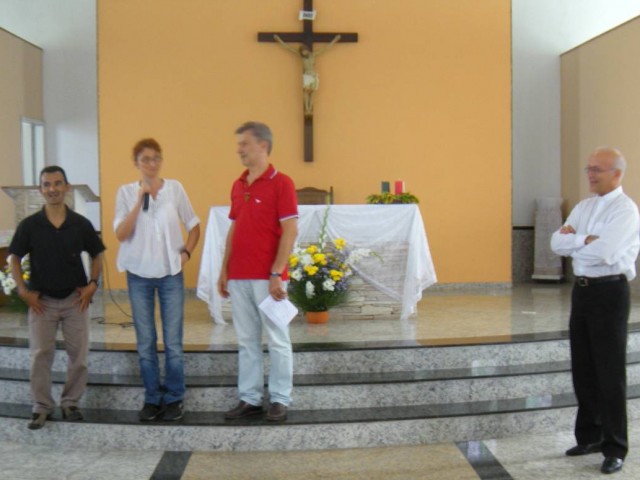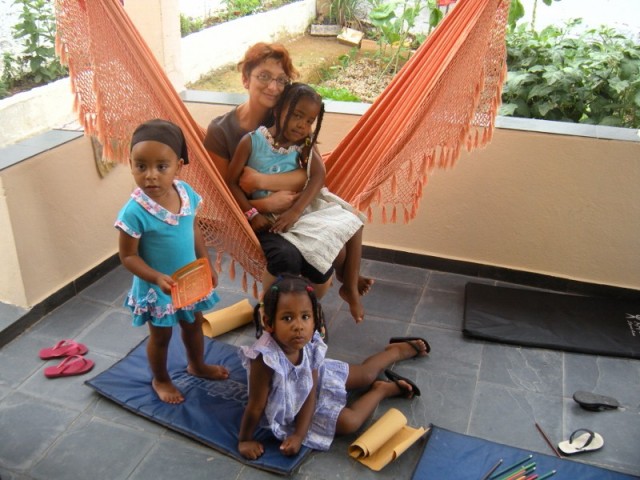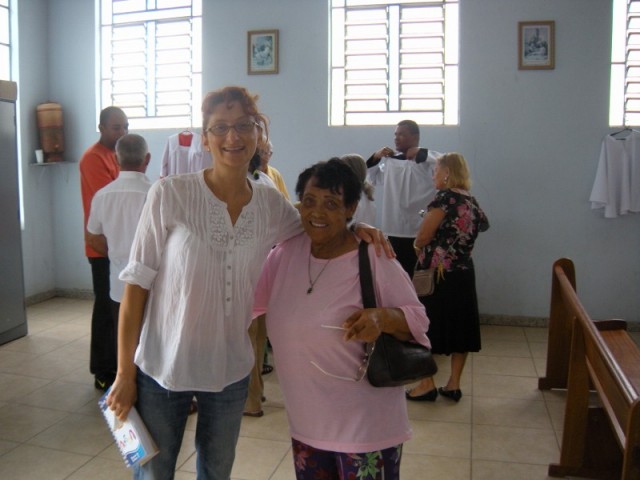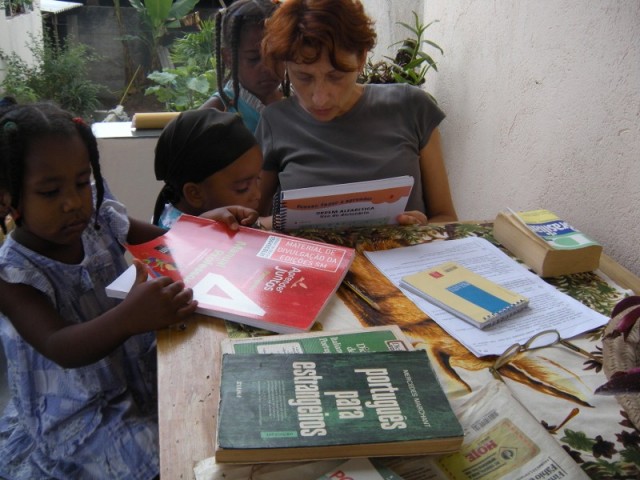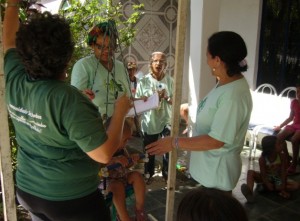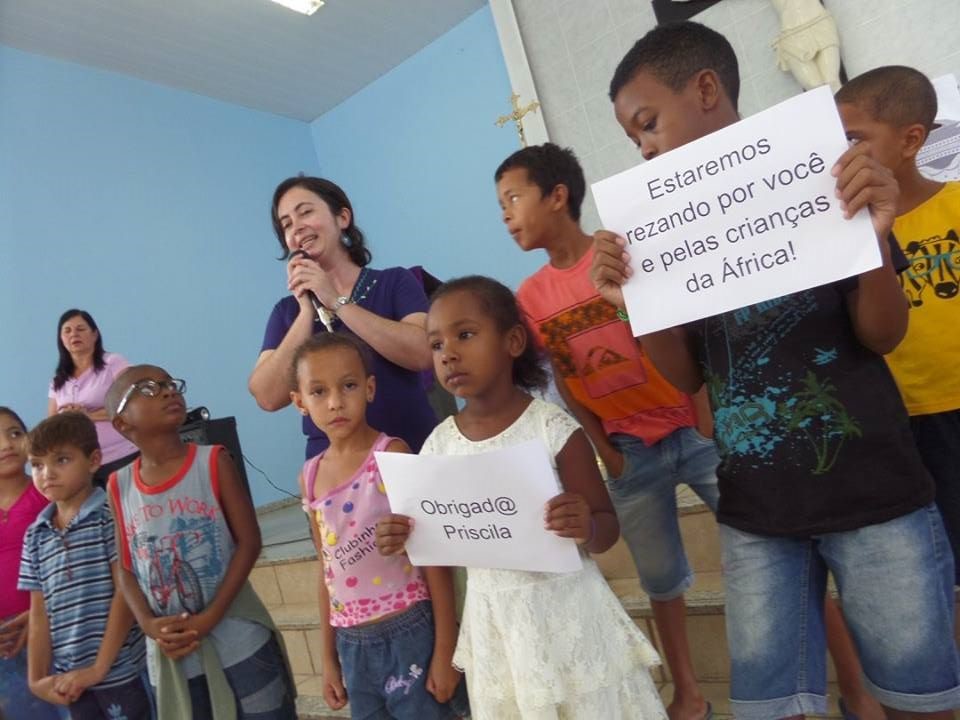 …I Bóg powiedział “Nie podchodź bliżej, zdejmij sandały z nóg, bo ziemia na ktorej stoisz jest święta.” Fragment ten idealnie wpisuje się w życie Priscilli Garcia, jej równiez Bóg nakazał porzucić dotychczasowe życie, “wypasanie owiec” i ruszyć dalej, i podobnie jak w Biblii gdzie gorejący krzew się nie spalił, tak serce misjonarza, ciągle płonie lecz nigdy sie nie spala.
…I Bóg powiedział “Nie podchodź bliżej, zdejmij sandały z nóg, bo ziemia na ktorej stoisz jest święta.” Fragment ten idealnie wpisuje się w życie Priscilli Garcia, jej równiez Bóg nakazał porzucić dotychczasowe życie, “wypasanie owiec” i ruszyć dalej, i podobnie jak w Biblii gdzie gorejący krzew się nie spalił, tak serce misjonarza, ciągle płonie lecz nigdy sie nie spala.
Priscilla, powtórzyła słowa z Księgi Wyjścia (rodział 13): Tak, pójdę do dzieci Izraela i powiem im: “Bóg Waszych ojców przysłał mnie do was…” Tego dnia – 28 Lutego 2016 roku, z błogosławieństwiem Bożym, oraz ojca prowincjała z Alcides w obecności społeczności parafialnej Marii Panny z Aparecida, Priscilla Garcia została posłana na 2 lata do Afryki. Mozambik wraz ze swoją kulturą czeka tam na nią, czeka również Bóg. My zaś tu w Brazylii będziemy podlić się za jej misję i wszystkie misje w Afryce.
Lourdes ŚMK Brazylia




